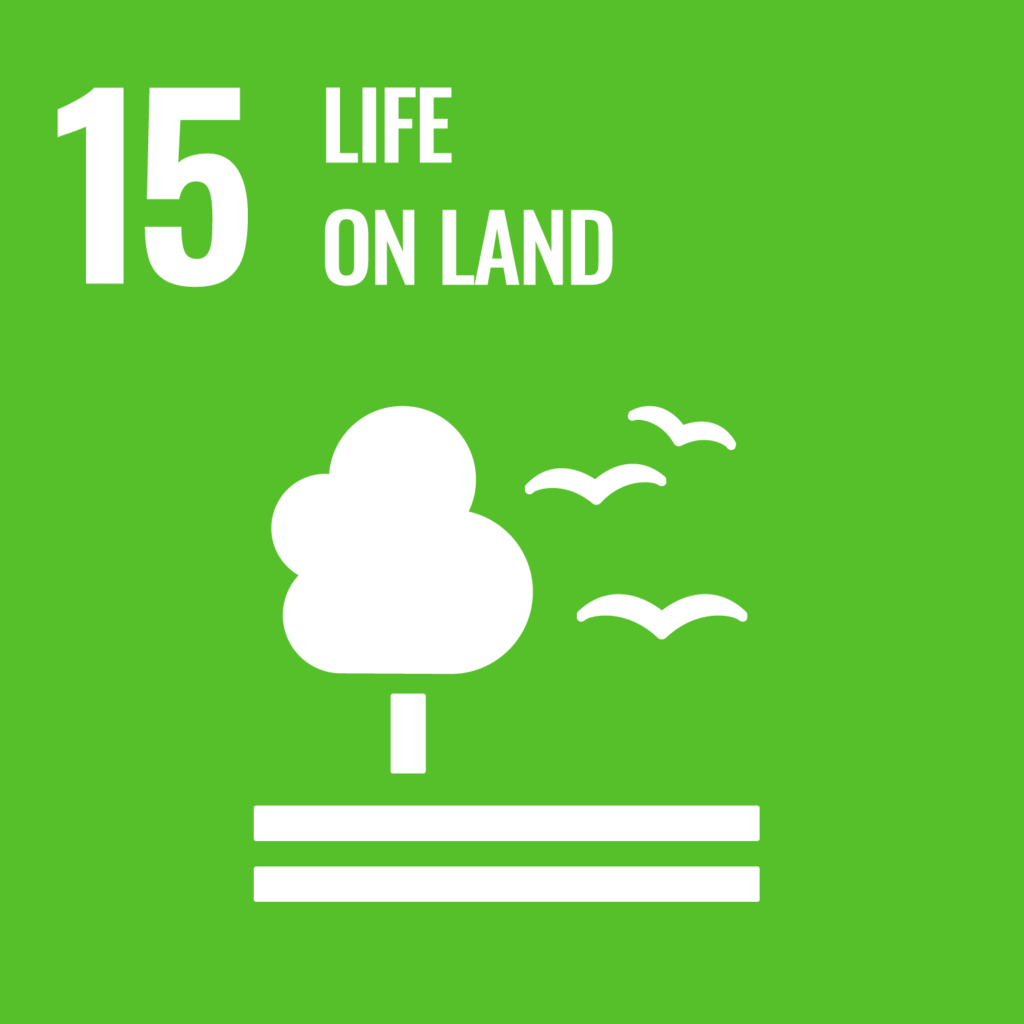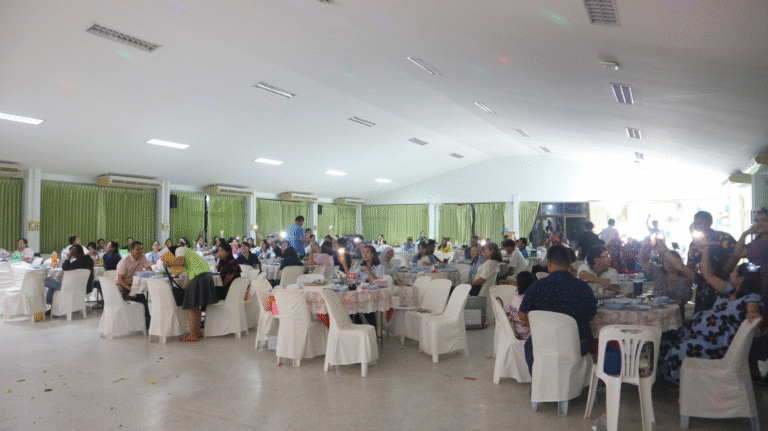Reporters: Asst.Prof.Dr. Prapot Maliwan
Assoc.Prof.Dr. Pornsil Seephueak
Asst.Prof.Dr. Nion Chirapongsathonkul
Asst.Prof.Dr. Worawitoo Meesook
Evidence Date: during 2024 Jan-Dec
Related Indicators: 15.3.3
Details: Rajamangala University of Technology Srivijaya (RUTS), through the Faculty of Science and Technology, and Thung Song Municipality has served as a mentor to support six schools under Thung Song Municipality in developing the “Ecological Spatial Plan Program.” This program is designed around the principle of BEE: Biodiversity, Ecological Services, and Energy, with the goal of raising awareness among young students about the importance of conservation. To prepare teachers, RUTS organized training activities at the meeting room of Thung Song Municipality Wat Thaphae School and at the Ban Suan Khao Hom Education Center. Teachers participated in hands-on sessions, including surveys on slow locomotion animals using quadrat methods, which helped them build practical field skills and ideas for developing their own student-centered activities.
The Ecological Spatial Plan Program was implemented across six schools: Thung Song Resort Kindergarten School, Watchaichumpol Municipality School, Thung Song Municipality Sport School, Tedsaban Wat Koksathorn School, Thung Song Municipality Wat Thaphae Secondary School, and Thung Song Municipality Ban Na Nuea School. Each school created its own program tailored to local contexts, linking biodiversity, ecological services, and energy use with real-life learning for students. RUTS monitored the progress at the end of every semester and provided detailed feedback, encouraging teachers to make connections between classroom lessons and pressing environmental issues in the city. The mentorship of Asst. Prof. Dr. Worawitoo Meesook, who guided biodiversity and conservation activities, and Dr. Prasert Nonthakarn, who emphasized science, technology, and sustainable energy, ensured both scientific accuracy and practical teaching approaches.
Through this collaboration, teachers gained new ecological education skills, and students developed stronger awareness of biodiversity conservation and sustainable resource use. The program fostered a bottom-up approach, allowing schools and communities to shape activities in ways that met their needs while aligning with broader sustainability goals. Importantly, this initiative supports Thung Song Municipality’s long-term vision for a sustainable city by nurturing future generations with conservation values. The Ecological Spatial Plan Program demonstrates the impact of academic, municipal, and community collaboration, serving as a model for ecological education that strengthens both people and the environment. It highlights how education, when combined with local participation and scientific mentorship, can create lasting benefits for sustainable city development.
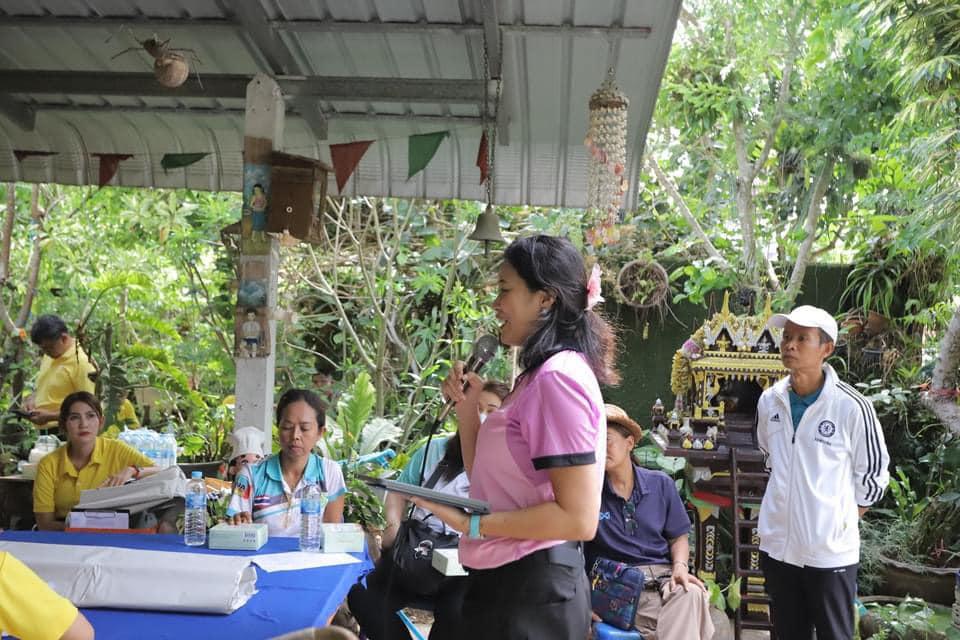
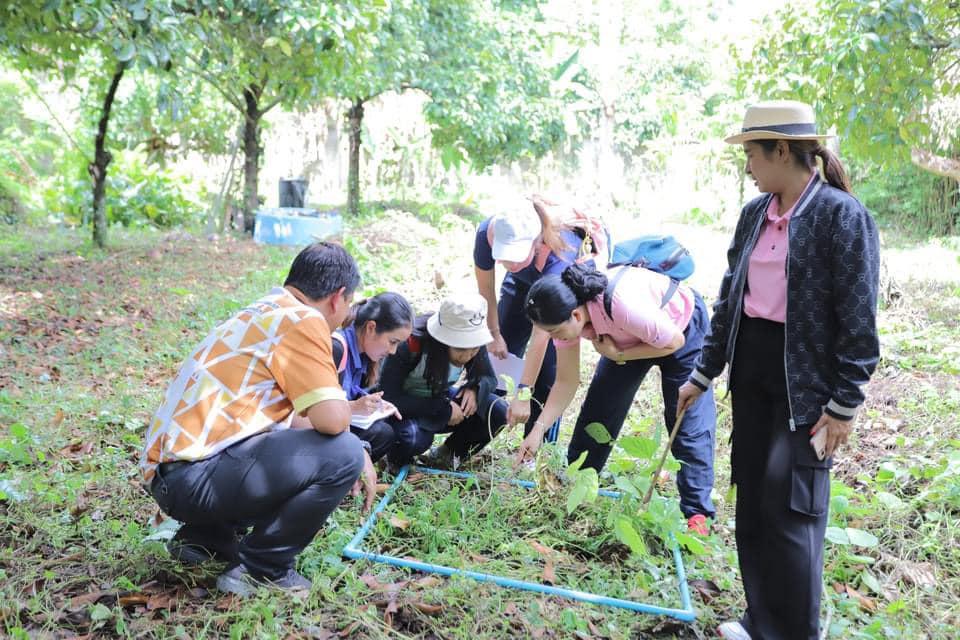
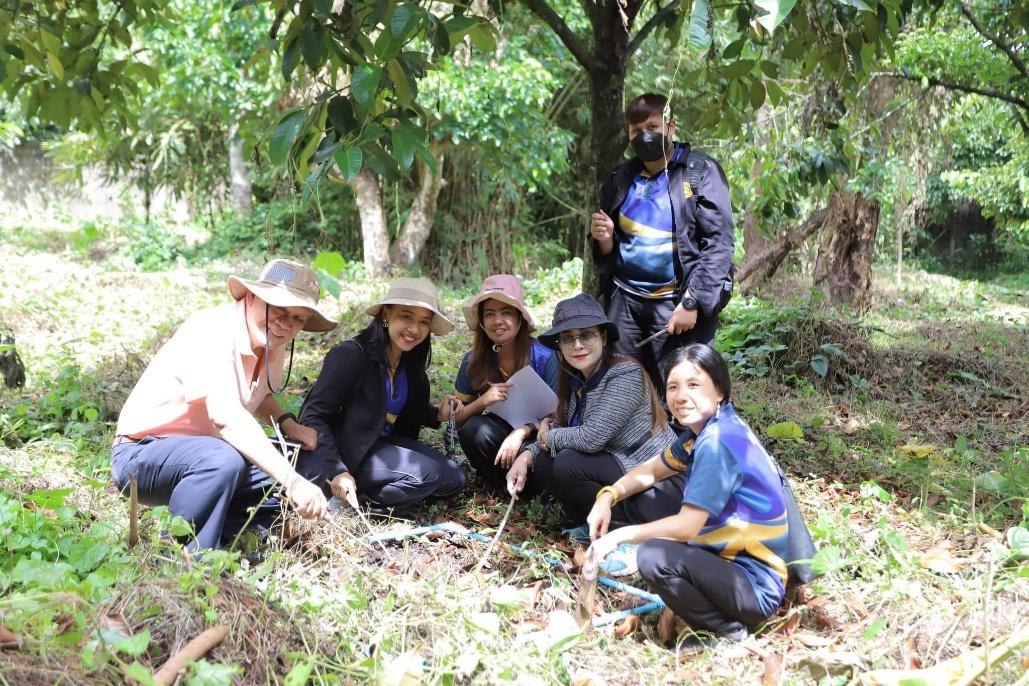
Related Links:

